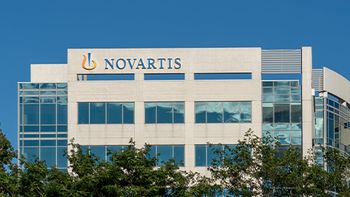
FedEx offers a 96-hour, zero-pre-conditioning package for cold chain shipments
NanoCool technology needs neither batteries nor dry ice/gel packs for 2-8C shipping
Saying that the company wants to continually offer “innovative, cutting-edge technologies” for life sciences logistics, FedEx Health Solutions (Memphis) has teamed up with a company called NanoCool (Albuquerque, NM) to offer a stock container for shipping clinical trial materials and other temperature-sensitive life sciences products. The Nanocool technology depends on the thermodynamics of evaporative cooling—by allowing a defined quantity of water to expand into a near-vacuum space, the package provides 2-8°C cooling. Carl Asmus, VP of supply chain solutions and market development at FedEx, says that the company worked with NanoCool to extend the package’s useful life to 96 hours—sufficient to make international air-freight runs with a comfortable safety margin.
Besides the efficiencies of avoiding the need for dry ice (or other coolant replenishment) in the logistics process, the NanoCool technology requires no pre-conditioning, says Tom Dale, director of healthcare solutions at FedEx. “Pre-conditioning” is the process of refrigerating the container and its coolant, prior to assembling the package and delivering it to the carrier. The NanoCool box simply has a plug that breaks the seal in the vacuum chamber; when activated, the package reaches 4°C within five minutes. Additionally, the package, which is stocked and sold by FedEx, is roughly the same price as conventional containers employing boardstock, insulated panels and gel packs; it is also intended for single-use and is readily disposed. “Customers can have the box sitting in storage, and pull it down, activate the cooling and send the package on its way,” says Dale. Payload volumes range from 80 to 400 cu. in., and there is a 48- as well as 96-hour option.
Asmus also updated recent other product introductions from FedEx. Its
Newsletter
Stay ahead in the life sciences industry with Pharmaceutical Commerce, the latest news, trends, and strategies in drug distribution, commercialization, and market access.





